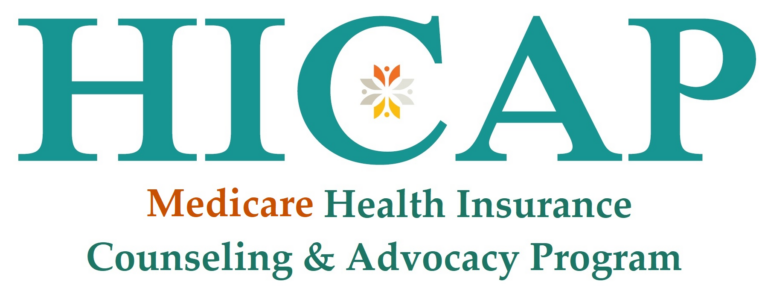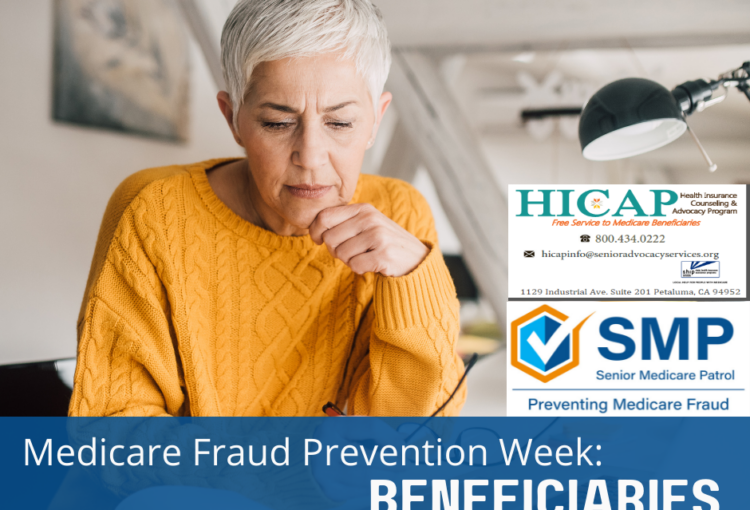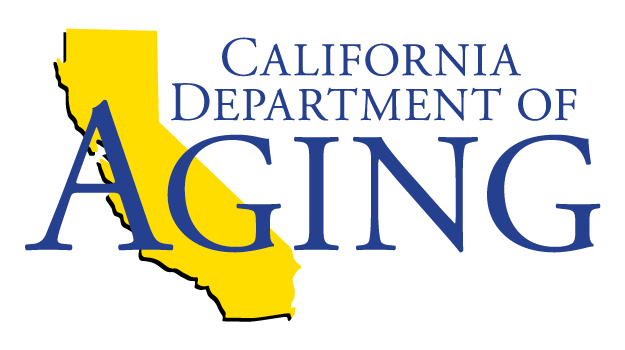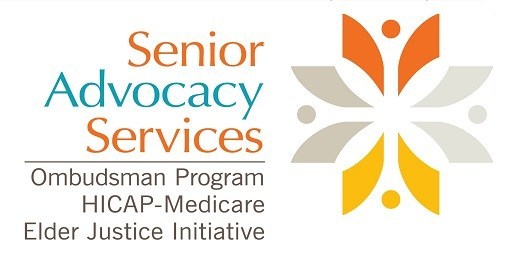
The Medicare Health Insurance Counseling and Advocacy Program (HICAP) through the California Department of Aging, provides local individual one-on-one counseling by appointment and educational seminars as the primary source for free and unbiased, accurate and objective Medicare information, advocacy and technical assistance to beneficiaries.
Our North Bay region serves the six counties of Marin, Sonoma, Mendocino, Lake, Napa and Solano.

California HICAP is part of a national network of State Health Insurance and Assistance Programs (SHIP). SHIP is a Federal grant program that helps States enhance and support a network of local programs, staff, and volunteers. Local programs are charged with directly helping beneficiaries to understand the complexities of their Medicare benefits including Prescription Drug Plan coverage, Medicare Advantage plan choices, Medicare supplemental policies, Medicare Savings Programs, and long term care insurance. The Administration for Community Living administers the SHIP grant programs nationally. Read More…
Mother’s Day Flowers 2024
Senior Advocacy Services Annual Mother’s Day Flowers is a heart-warming tradition. Being part of a special day for a resident of long-term care that may

Medicare Fraud Prevention Week Beneficiaries
The most effective way to stop fraud from occurring is to prevent it in the first place. Educating yourself and your loved ones on how
Volunteer With HICAP
Volunteering is an excellent way to give back to your community and help those in need. HICAP is a local organization that provides valuable free




For additional information contact our administrative office at 800-434-0222.
This project was supported, in part, by grant number CFDA 93.324 from the U.S. Administration for Community Living, Department of Health and Human Services, Washington D.C. 20201. Grantees undertaking projects under government sponsorship are encouraged to express freely their findings and conclusions. Points of view or opinions do not, therefore, necessarily represent official Administration for Community Living policy.
